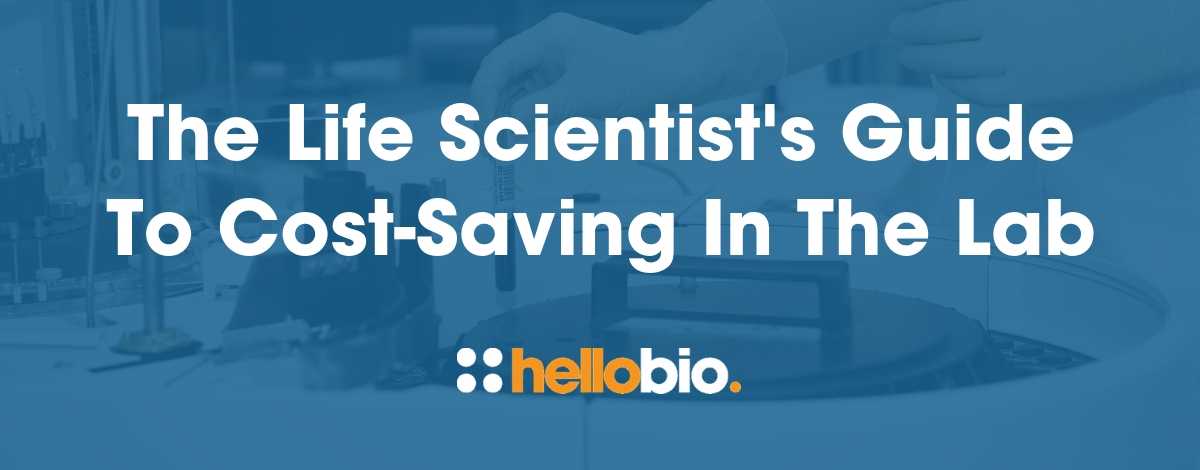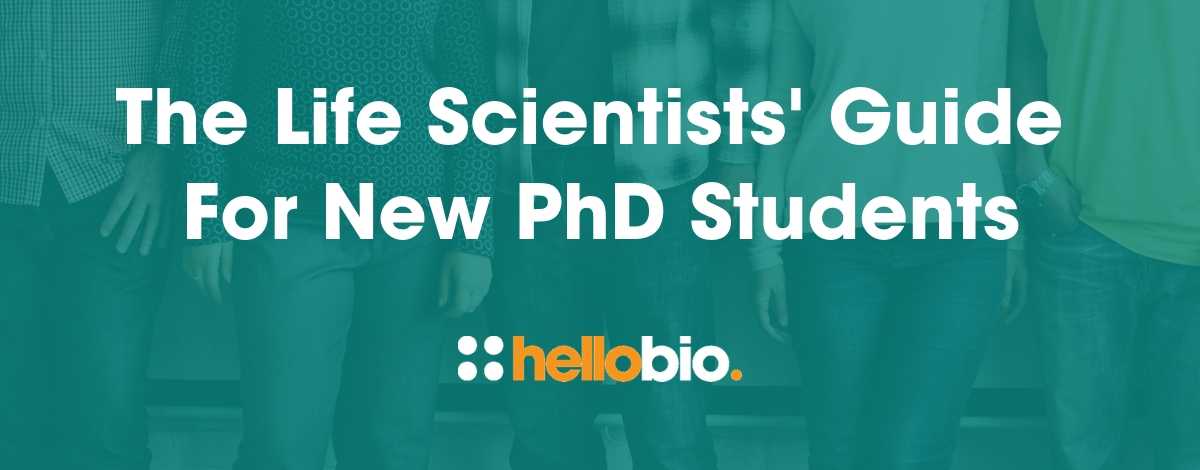Interviews with Scientists: Andrés Vidal-Itriago
Andrés Vidal-Itriago is a PhD student at Macquarie University, Sydney under the supervision of Dr. Marco Morsch. Prior to his PhD, he completed a Bachelor of Psychology and a Bachelor of Biomedical Sciences at the Autonomous University of Barcelona. In 2015, Andrés started his Master’s Degree in Translational Medicine at the University of Barcelona, joining the Neuronal Control of Metabolism laboratory. After that, he moved to the Netherlands where he joined the Department of Endocrinology and Metabolism at the Academic Medical Center of the University of Amsterdam. Here, he spent one year investigating the role of microglia in obesity and diabetes.
In February 2018, Andrés started his PhD focusing on investigating the role of microglia in Motor Neuron Disease and synaptic plasticity. In 2019, he obtained the Magnified Justin Yerbury Travel Scholarship to attend the MND International Symposium in Perth, Australia.
Great to speak to you, Andrés! Firstly, please do tell us a bit more about your PhD...
I've been doing research in the field of neuroscience for the last four years, first studying how the brain controls energy balance and metabolism, and now investigating neurodegeneration. My PhD project is focused on understanding the role of microglia (the brain housekeepers) in motor neuron disease and understanding how they change the circuitry of the brain in response to different situations.
Did you always want to be a scientist when you were younger?
As a kid I wanted to be a medical doctor. I always wanted to play and pretend I was a doctor to ‘cure’ every single family member. I was also addicted to that board game where you have to operate and collect the organs, so we can say that even as a kid I was already interested in (Bio)medicine. Then in high school I got interested in Psychobiology and finally I ended up doing Biomedical research.
What are you enjoying most about your PhD?
I am enjoying the whole experience, from moving to the other side of the world, to meeting new friends and colleagues, to designing and conducting experiments. It’s a long and tough journey, so I try to enjoy every single part… and whenever you get positive results, that’s the most rewarding feeling you can have!
What advice would you give to someone just starting out with their PhD?
Keep a good balance between the PhD and your social life. It’s a long race and you don’t want to burn out after your first year. Also, talk and discuss with your supervisor as much as you can about your project and your whole PhD experience, they’ve been through the same and are the best ones to understand and guide you.
What's the most important lesson you have learned in your PhD so far?
Resilience. You need to learn how to stand up and keep trying. During a PhD (and life) there will be moments when you feel you can’t carry on anymore, that’s when it’s crucial to be able to stop, breathe and then keep going.
What are you most proud of in your career to date?
Beside publications (that’s something I’ll always be proud of), I am especially proud of being brave and strong enough to move 17,000km away from my family and friends to chase my scientific goals. It’s not easy to be an international PhD student.
What do you think are the biggest challenges currently facing life scientists and their work?
Funding. There are many brilliant scientists spending more time applying for grants than actually doing science and many PhD students surviving with low salaries and stipends.
Tell us a bit more about what you’re working on at the moment...
Microglia are very dynamic: they move, they change morphology, they are in constant transformation. In order to better understand how microglia behave in the healthy brain and in disease, I conduct in vivo imaging and visualize in real time how microglia respond to different stimuli. Let’s say that instead of obtaining photos of microglia, I obtain videos of it. This allows me to better describe the dynamic responses of microglia to different situations.
What does a typical day in the lab look like for you?
I spend a lot of time in the microscopy room. I start my day preparing everything, then I set up the confocal microscope to record the microglia for at least 12 hours. After that, I move to the computer and process the video with a post-imaging software that allows me to obtain 3D renders of the microglia and measure different morphological parameters.
Outside the lab, what do you enjoy doing most?
I love cooking, travelling, cinema and discovering Sydney with my scooter. I’m also part of a Human Towers team, people that climb on each other to create big structures. This is typical in Catalonia… funny that I had to move 17,000km away from there to actually join a human towers team. It’s extremely fun.
If you weren’t a scientist, what do you think you’d be doing?
I think I would have been a chef. It’s kind of similar to being a scientist, with the advantage that you can eat your experiments.
What is it about your field of research, or your current work, that gets you most excited?
I am part of an exceptional group of scientists working at the Macquarie University Centre for Motor Neuron Disease Research. Motor neuron disease (MND) is such a devastating condition, that producing relevant knowledge and contributing to finding a cure is extremely exciting and motivating.
Which scientists working today do you most admire, and why?
There are so many scientists doing such great work to make a difference in the fight against many diseases that it would be unfair to name just one. I think that any scientist devoted to finding a cure for a disease is worthy of admiration.
What’s your favourite science quote?
“There are in fact two things, science and opinion; the former begets knowledge, the latter ignorance.” – Hippocrates
What do you think is the greatest scientific discovery of all time?
It may not be a scientific discovery as such, but I believe that the scientific method has been what has revolutionized science in all its fields. Without the scientific method, we could not talk about scientific discoveries.
_____________________________________________
Thank you so much for speaking to us, Andrés! We wish you the very best with your research.
Andrés’ research funding comes from:
- MND Research Institute of Australia
- The Snow Foundation
- Macquarie University
- Donations to Macquarie University Centre for Motor Neuron Disease Research
You can follow Andrés on Twitter at @vidalitriago
_________________________________________________
If you enjoyed reading this article, why not check out the other resources available on our blog. We are passionate about supporting early career life scientists and PhD students - with really low- priced reagents and biochemicals, travel grants, and resources to help with both personal and professional development. We know how tough it is - so we hope you find these helpful!
Advice & guidance for life scientists
Click below to view our of essential guides and articles includes to support life scientists, PhD students & early career life scientists:
Travel grants
Every month we give away $500 to PhD students and Postdocs so that they can attend a scientific conference - click below to find out more:
Wellbeing for scientists
Click below for our resources to help improve your wellbeing:
Technical resources
Try our Molarity Calculator: a quick and easy way to calculate the mass, volume or concentration required for making a solution.
Try our Dilution Calculator: an easy way to work out how to dilute stock solutions of known concentrations
Click below to see our Mini-reviews, Pathway Posters & Product Guides: a set of technical resources to answer your questions on a wide range of topics and to help you get started quickly.
And - when you get to the stage of planning your experiments, don't forget that we offer a range of agonists, antagonists, inhibitors, activators, antibodies and fluorescent tools at up to half the price of other suppliers - click below to see how we compare with other suppliers:





















